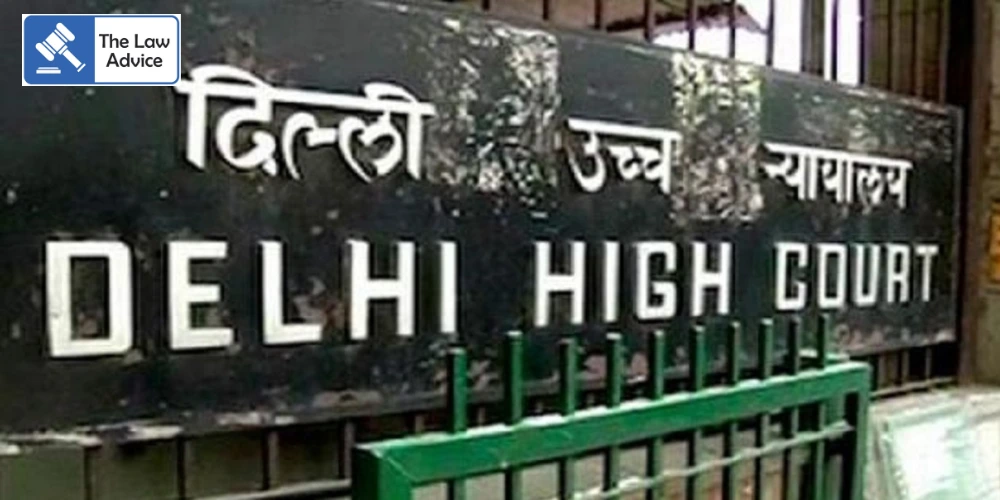
The Delhi High Court on August 13 came down heavily on both the Central Government and the Delhi Government over their inaction in resolving the long-standing issue of regularisation of alleged unauthorised constructions in Sainik Farms, a posh but legally disputed colony in the Capital.
A Division Bench comprising Chief Justice DK Upadhyaya and Justice Tushar Rao Gedela observed that instead of taking decisive action, both governments appeared to be passing responsibility back and forth — with the end result being that the matter kept landing back in court.
“It appears again that everybody is trying to pass the buck and as happens in these matters, the buck ultimately stops at the court,” the Bench remarked orally during the proceedings.
The Court was hearing a batch of petitions the lead matter titled Ramesh Dugar v. SDMC & Ors. (W.P.(C)-6455/2015) — seeking regularisation of the colony and policy clarity on construction permissions.
A Case Dragging On For a Decade
The petitions have been pending since 2015, and according to the Court, in the last 10 years, multiple issues have cropped up, leaving residents in limbo. The Bench noted that people have built houses there, but even basic repair work has been held up due to prohibitions in place since 2001, which bar new construction and even the entry of construction material.
Counsel for one of the petitioners pointed out that while the main prayer is for regularisation and a clear policy, an interim application had been filed seeking permission for repairs and maintenance in genuine cases. However, even that was being denied by the Delhi Development Authority (DDA), leaving residents with no choice but to approach the Court repeatedly.
The Bench sharply questioned the lack of a coordinated approach between the Ministry of Housing and Urban Affairs (MoHUA), the Government of NCT of Delhi, the DDA, and the Municipal Corporation of Delhi (MCD).
The Court stressed that a decision on regularisation must be taken at the policy level:
“You have to make a final decision. Please ensure that the concerned officer understands our intention and informs us of what is being done with these colonies.”
The Bench criticised the governments for letting the residents remain in an uncertain state for years, remarking:
“They have been hanging without being able to lay a brick even for repairs… You know very well why and how they are existing, yet none of the governments do anything to mitigate the problem.”
The Court also asked why a specific legislation or a structured policy could not be brought in to address the residents’ problems — for example, charging development fees while restricting certain categories of construction.
It noted that within the current statutory framework, perhaps such relief was not possible, but in that case, the governments had to act to change the framework rather than let the matter stagnate.
The Bench further reminded counsel of its earlier March 12 order, where it had directed all concerned authorities MoHUA, Delhi Government, DDA, and MCD to coordinate and address the concerns raised in these petitions. The Court had even requested the highest law officers from both governments to assist in the matter.
Reiterating its directions, the Bench on Wednesday once again instructed that officials from all relevant departments “sit across the table” and make a genuine effort to resolve the long-pending dispute before the next hearing.
The matter will now be taken up on October 8, 2025.
Website designed, developed and maintained by webexy